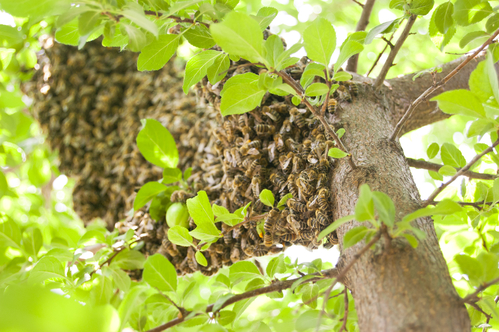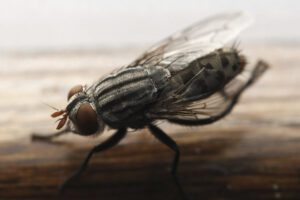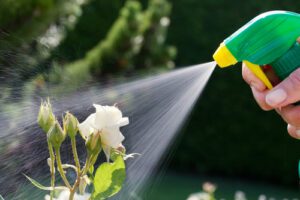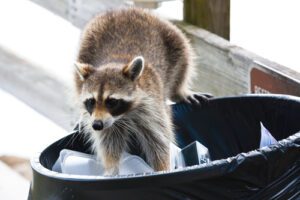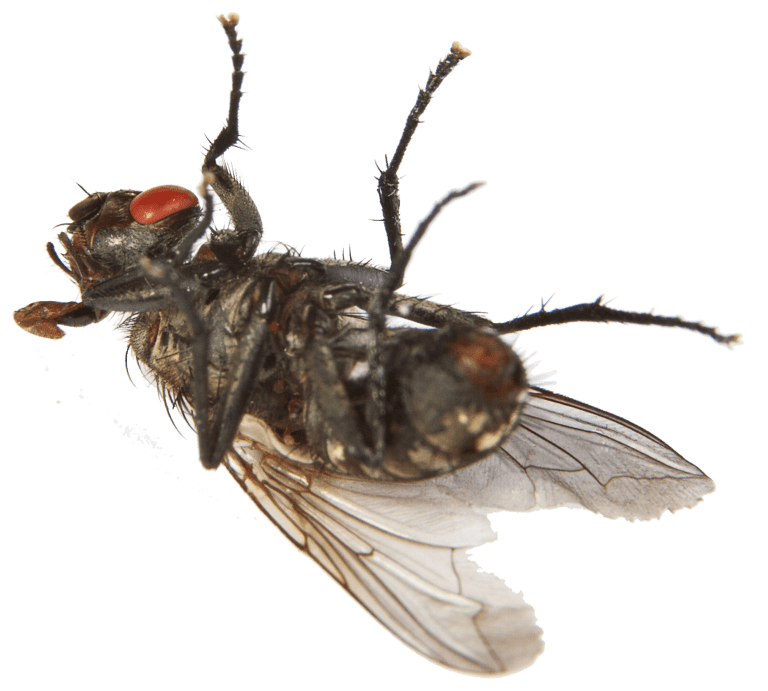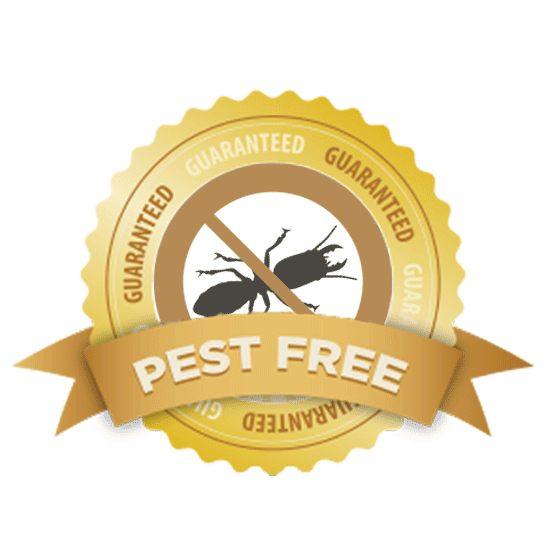
As the weather cools you may notice a dramatic decrease in insect activity. If you previously needed bee control in the past, you may think the problem is solved. But some insects hibernate during cool months while others reproduce. Bees are interesting insects that are often found around pools and gardens. They tend to build nests and hives close to bodies of water or plentiful food sources.
Have your discovered that your bees have disappeared? Do believe that your bees are gone? Bees hibernate. So you may need to call in a bee control service in Fort Lauderdale for help to determine if your bee problem is solved. Let’s take a look at bees and why they are not always pests.
Where Do Bees Go for the Winter?
There are 20,000 different species of bees that we have origins in the United States. There are many things you can learn to do to help the population of bees stay alive.
As most of us know when winter rolls around, animals and insects begin to disappear for the season. Have you ever wondered where bees go? Honeybees in fact do “hibernate”. When temperatures begin to reach temperatures of 50 or below they head to their hive.
Inside the hive the bees gather to most the central part of the hive. Here they form a “winter cluster” this is much like a huddle. This huddle will last the entire winter until temperatures begin to rise again above 50. During the winter, the bees only have one main job during their winter huddle, to protect the Queen. In doing so this means that they will need keep her warm and protect her from any dangers.
To keep the temperatures inside of the bee hive warm the bees form a cluster. During this cluster they shiver and flutter their wings. This constant motion and energy is where the heat comes from. The inside of the huddle can get as hot as 91 degrees Fahrenheit.
How to Prepare for Spring
When spring arrives you can find these useful tips and tricks on bee control informative. Planting a variety of flowers and plants will be at the top of the list. Bees need both pollen and nectar resources all year long. Sugary nectar provides energy needed for adult bees. The protein rich pollen is for the feeding of their young.
Make sure each of the plants you choose have different blooming times to ensure all year long feedings. Also, a large variety of a garden attracts a larger group of bees. Bees tend to like the flowers that are in direct sunshine. Planting your flowers according to light will attract more bees. Using pesticides is a big no if you want to keep your bees coming around.
Benefits of Bees
Do you ever think of all the great thing bees do for us? In the United States bees pollinate over $15 billion in our crops. Crops such as cucumbers, apples, berries, and almonds depend on bee’s cross pollination. When bees start to disappear so will thousands of our food and plant sources. Bees are important to our Earth and to our livelihood. Bees are the only insect that produces food we can eat. Aside from that bees contribute to our ecosystem.
Our bees pollinate the plants we need. These plants contribute to the food system by feeding animals such as, insects and birds. If the animals food source diminishes completely, the entire food chain would suffer. Bringing it back to the conclusion we need bees to survive.
Keeping Bees and Yourself Safe
To keep bees safe and happy there are a few minor adjustments you can make to contribute. Honeybees live in colonies and hives, but 70 percent of all bee species nest underground. Other species use natural cavities to make their nest. Protect bee by leaving patches of bare or partial bare, undisturbed, un-tilled soil without mulch. For wood and stem nesting bees, you leave little piles of branches, nesting blocks, and hollow reeds.
Bee control around the house can become a little uncomfortable for yourself. Especially if you may be frightened. There are a few ways you can keep bees from attracting to you.
- Wear perfumes and colognes sparingly
- Avoid wearing bright colored clothing, especially flower print
- Always wear shoes
- Only visit your garden to tend it
- Always eat or drink sugary drinks inside
- Never swat or run around if a bee is near
Making your yard and garden area is the first step you can do in helping the bees to survive. Since 2006 it has been noticed that bees are dropping dead at an alarming rate. Doing your part for the Earth is an important part in our role to survive. Consulting a bee control expert can give you valuable insight into how to protect your home from bees. They are also able to help you understand the best ways to treat bees without damaging the environment.

